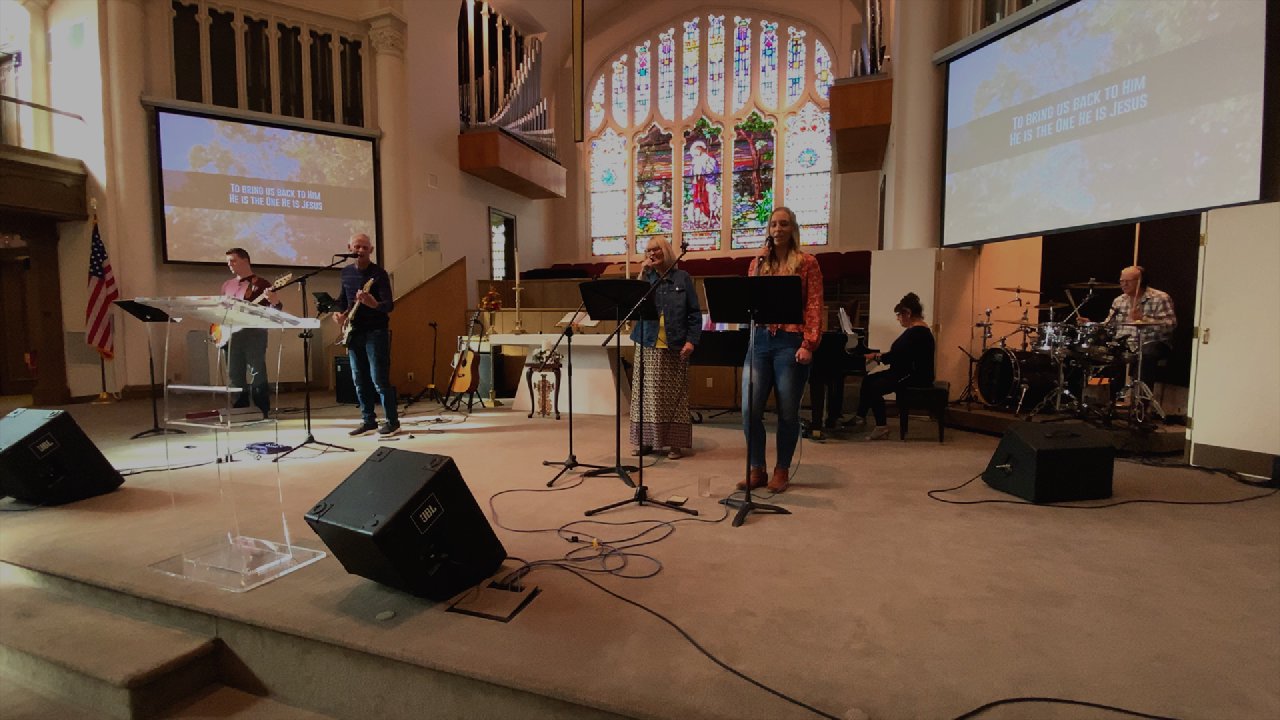Read Ephesians 4:4-7, 11-17 and Mark 7:1-23.
Communication is like 'a process by which information is confused by individuals through a conflicting system of emotions, behaviors, backgrounds, and desires.'
The six distinct messages heard when we speak are:
1. What we mean to say;
2. What we actually say;
3. What the other person hears;
4. What the other person thinks he or she hears;
5. What the other person says about what we said;
6. What we think the other person said about what we said.
Taken from "Relationship Principles of Jesus" by Tom Holloday
In what ways do previous conflicts, misunderstandings, or pinches make sense now?
There are ways we can stop anger from pouring out of our mouths. Which do you use?
First, take 4 deep breaths.
Second, step back and take 5 or 10 minutes to calm down.
Third, pray for the other person.
Fourth, eat. Sometimes we get angry when we are hangry, like the Snickers commercial.
Fifth, stop blaming others for how we feel, and own our own feelings.
Sixth, watch and control the tone and volume of our own voice.
Seventh, focus on a solution, not on the problem.
Eighth, learn to accept some things can’t be changed, at least at that moment.
What are ways you can help the church feel and be safe for all?
Prayer for the Week:
Lord, help me communicate better. Help me step out in faith and learn to reconcile. Lord, help me reflect Christ not only at church, but all areas of my life. Amen.






